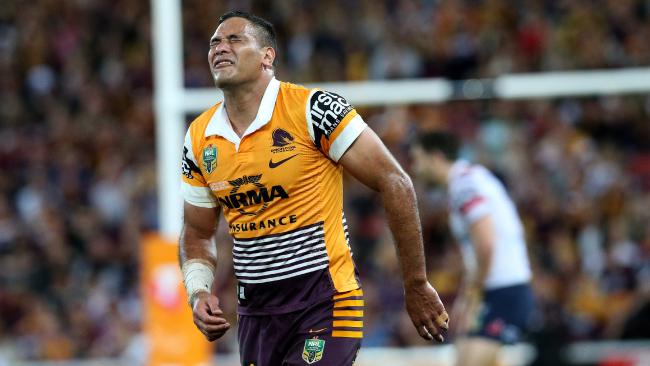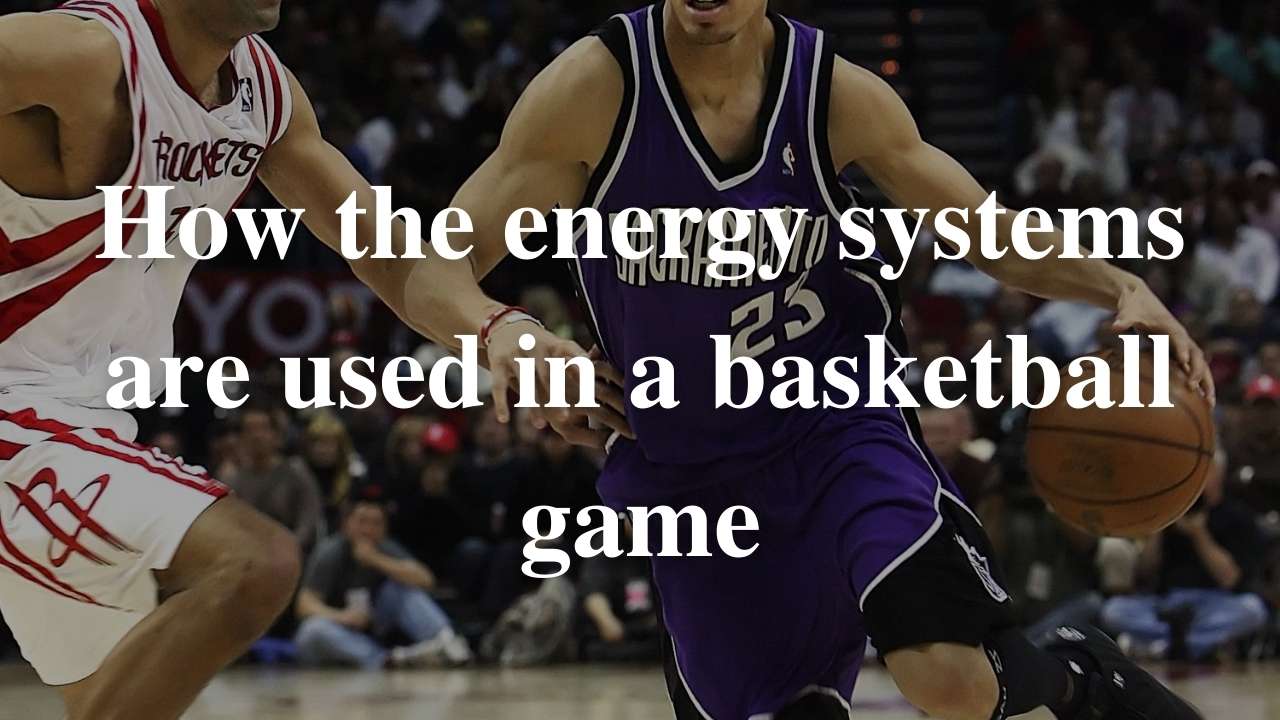The use of painkillers in sport is very common, but a highly debated ethical issue. Last Friday night I watched as Justin Hodges fell awkwardly in a tackle. Hodges then struggled to continue playing as he has injured his lower back. He then went off the field to the dressing room where he was given a painkiller injection and came back out onto the field to compete in the rest of the match. The HSC PDHPE syllabus asks you: “Is this ok?” Is it ok for a player to play on injured after taking painkiller injections?
How Painkillers work
Painkillers by definition mask pain. They stop the athlete from feeling pain and pain is there for a reason. Pain is the bodies way of telling the athlete that they should not move that way because they will damage their body. Pain tells the athlete that he has damaged his body and alerts him to know when he should stop and rest. Painkillers do not stop the damage, they just stop the athlete from knowing about it.
Taking painkillers, let alone strong ones that come via injection, covers this pain and allows the athlete to continue to move as though they had no damage and were not causing more damage. This inevitably leads to the athlete causing more damage to the already injured area and can result in very small injuries turning into very big and serious injuries. Painkillers in sport are, therefore, a very debated and highly contentious issue.
Hodges use of Painkillers
In the game last Friday, Justin Hodges decided that he should take a painkiller and that he should then go back onto the field to play. The team doctor let him do so, knowing that it could cause him further injury and possibly a serious injury, considering the injury was to his back. Hodges’ coach and trainers also allowed him to return to the field. Why?
Last Friday night’s preliminary semi-final was the last game Justine Hodges played at Lang Park. It was his last home game, and could have been (and depending on the judiciary still could be) Hodges’ last game of his career. Hodges had pressure on him to finish his career well, to play out his last game in Brisbane. Justin also had pressure on him as the captain of the team. He was meant to lead and guide his team through this semi-final and give them the best chance possible of getting to the Grand-Final. This pressure must have played a part in Hodges decision to take painkillers on Friday night. Now… was this the right decision? Maybe, given the scenario.
The syllabus – Should athletes play after taking Painkillers?
Your syllabus asks… “Should this be allowed to happen?” should athletes be allowed to use painkillers in order to compete when injured? Should Hodges have played having taken painkillers? What if the situation was different? What if it was the first game of the season and he wanted to continue playing through the rest of the season? Would he have continued to play having taken a painkiller?
Who should decide if Hodges could keep playing? Should his doctor, trainer, or coach have stopped him from going back on? Or is the decision ultimately the athlete’s, who may not know the full extend of his injury until after the game when scans are done? This is a great example to use in a HSC PDHPE exam question.
The roar also have a good article on the use of painkillers in the NRL.






